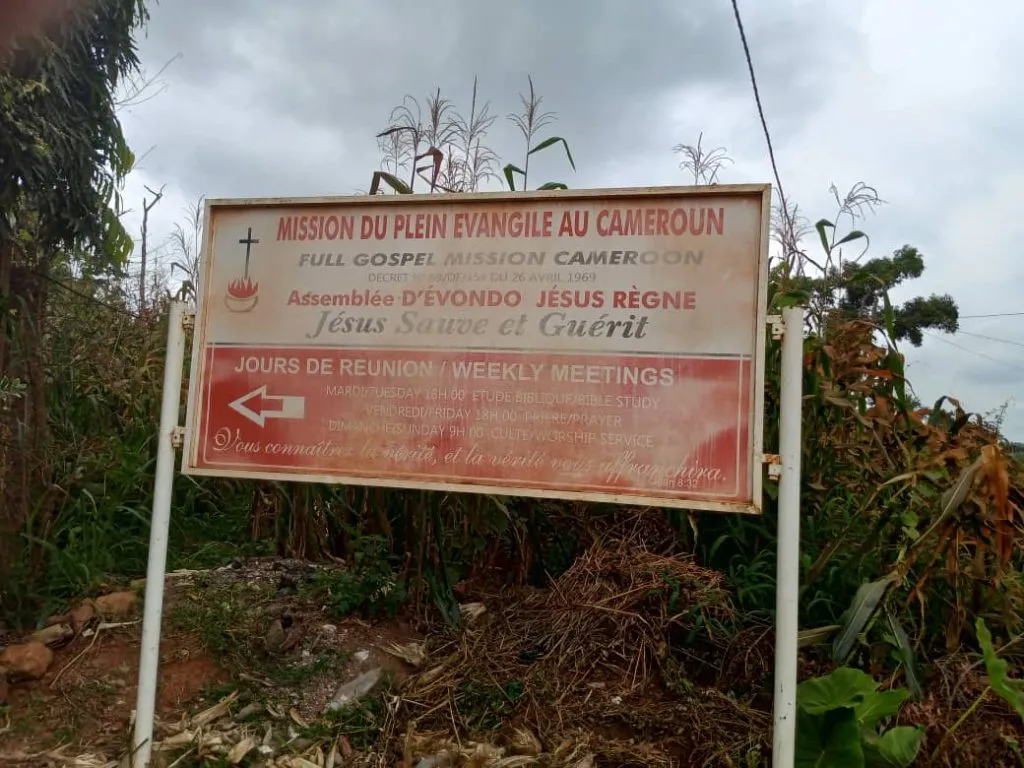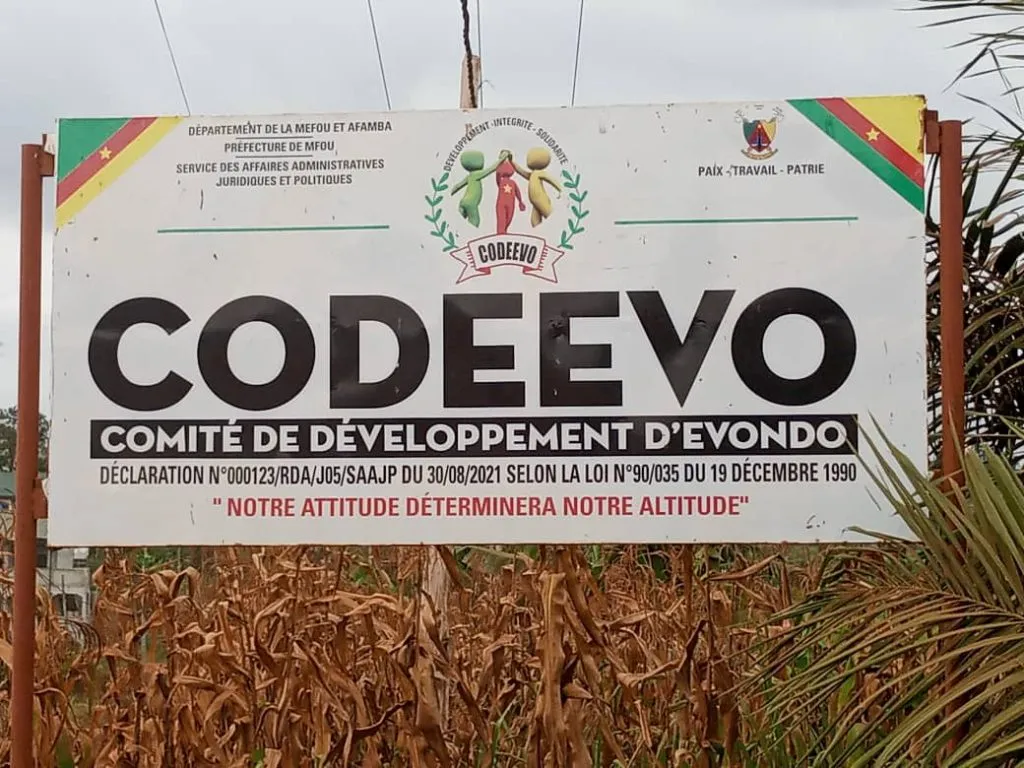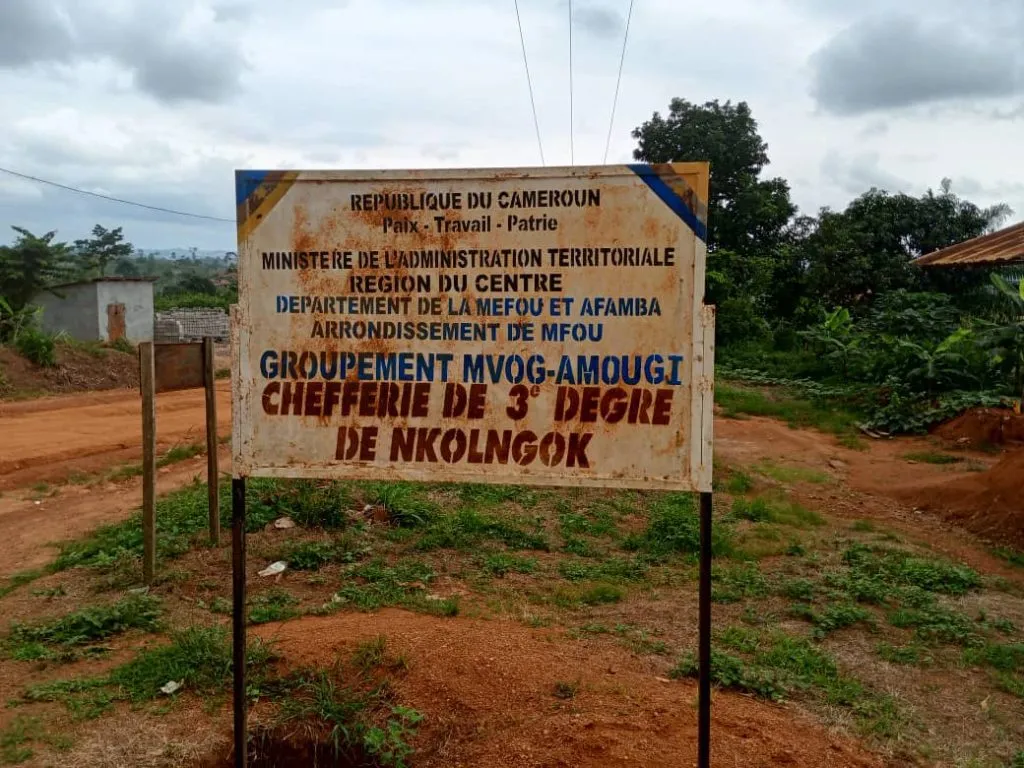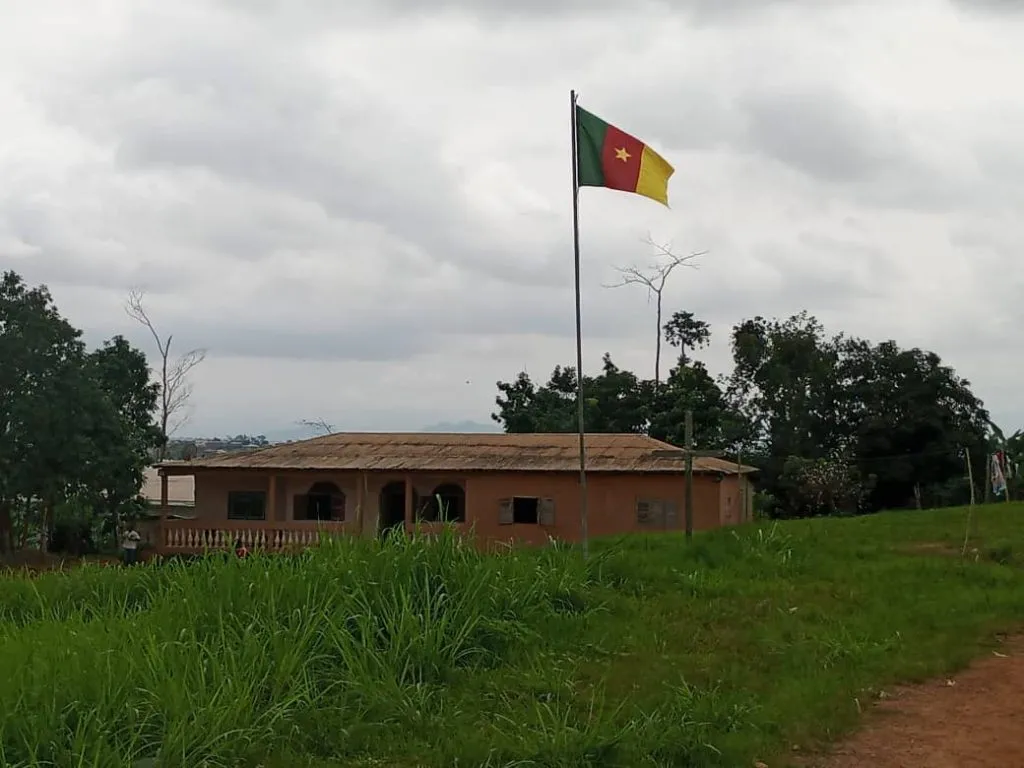By Mike Klaus
The Mimi Mefo Info (MMI) team has confirmed as fake, claims of alleged carnage resulting in the deaths of 10 Anglophone Cameroonians in the Ewondo neighbourhood, on the outskirts of Yaoundé.
The first details of this news were reported by a certain Nzui Manto Officiel. The Facebook blogger claimed dozens of anglophone Cameroonians had been slaughtered, 10 of whom belonged to the same family.

Fake news in circulation. MMI findings show nothing happened in Ewondo village
The story was quickly picked up by several other renowned blogs, and the story spread far and wide, albeit with no field evidence. Conspiracy theories seemed to suggest that the alleged carnage was in response to the Nancho street murder by separatists. To them, the killings in Bamenda were targeted at francophones, so the carnage in Evondo was seen as some sort of retaliation.
It should be known since the deliberate manipulation of the population through this fake news, none of the platforms that shared this information have been able to provide developments to it. Nzui Manto did issue a list of over 10 fabricated surnames as alleged victims of the slaughter.
MMI field findings
Given the gravity of the news making rounds on news platforms, MMI decided to take a trip to the little settlement of Evondo, in the Mefou and Afamba division.



We spoke to the president of the association of motorbike riders who told us “I am not aware of any massacre here in Evondo. This is my village and I am the president of the association of motorbike riders. Such an incident cannot happen without me being aware of it. It is fake news.”
On arrival, we found that for a small settlement purportedly at the center of a horrible atrocity, the little village was relatively calm and life going on as usual. No one we asked seemed to know or had heard of such an occurrence in Evondo.
We got a similar reaction of surprise and shock from the acting village head of the locality after we told him about the crazy rumour. “My cellphone was switched on for the entirety of yesterday and even today, but I have not received any phone call informing me of any such incident. I am not saying such a thing may not have happened, I am simply saying if it did, then it is not here,” The village elder confidently told MMI.
Even the chief of Nkolngok could not authenticate the information which had already spurned thousands of reactions on social media, he made it clear that it was too huge to be hidden and wondered if there was no case of mistaken identity of villages.
“Are you certain you haven’t mistaken another locality for ours? Because this here is Evondo, but there is equally another Evondo in the Mfou and Akoeman Division. Here there is no murder that I know of that occurred yesterday. Do you think 10 people can die in a little village like ours and we here won’t be aware?” the chief questioned.

Sunday, July 23, 2023, the Ewondo village is calm. “There have been no killings here,” residents tell MMI
Getting to the Gendarmerie brigade of Nkolnda, our reporter was equally informed that the only significant incident to have happened was a scuffle between two taxi drivers.
The gendarmes denied any such heinous happening in Evondo. As of today, none of the platforms to have published such damaging information have followed up with developments, nearly two days after the alleged massacre.
Attempts to Justify Nacho Massacre
The fake news of Anglophones being killed in Yaounde has been seen as a desperate attempt to provide Separatists with a justification for killing 10 unarmed civilians in Bamenda a few days ago. It turned out that many of those massacred in Bamenda were Francophones from the West Region, this news seeks to indicate that Francophones were doing the same to Anglophones in Yaounde.
Dangerous Trends in Cameroon
Fake news can be a risky way to get information because it is made up of erroneous information and is frequently published or shared on purpose in media sources and on social media. The exacerbations of the Anglophone crisis today is down to the propagation of false information spurned across social media at the start of the crisis in 2016. These stories often generated by people living in the diaspora, find their way across social media, especially Whatsapp which has led to devastating consequences for the local population.
According to Dr. William Van Gordon, an associate professor of contemplative psychology at the University of Derby, the spread of false information may have negative effects on people’s psychological well-being in addition to their physical health.
“In addition to unduly influencing a person’s decision-making, exposure to fake news can lead to false memories, as well as foster anxiety and a catastrophic outlook. It is a good idea to think critically about all news,” he explains.
People frequently share news without first considering whether it might be fake, and in the age of quick internet access and social media platforms, news is spread instantly to millions of people. The risk is present right there.



